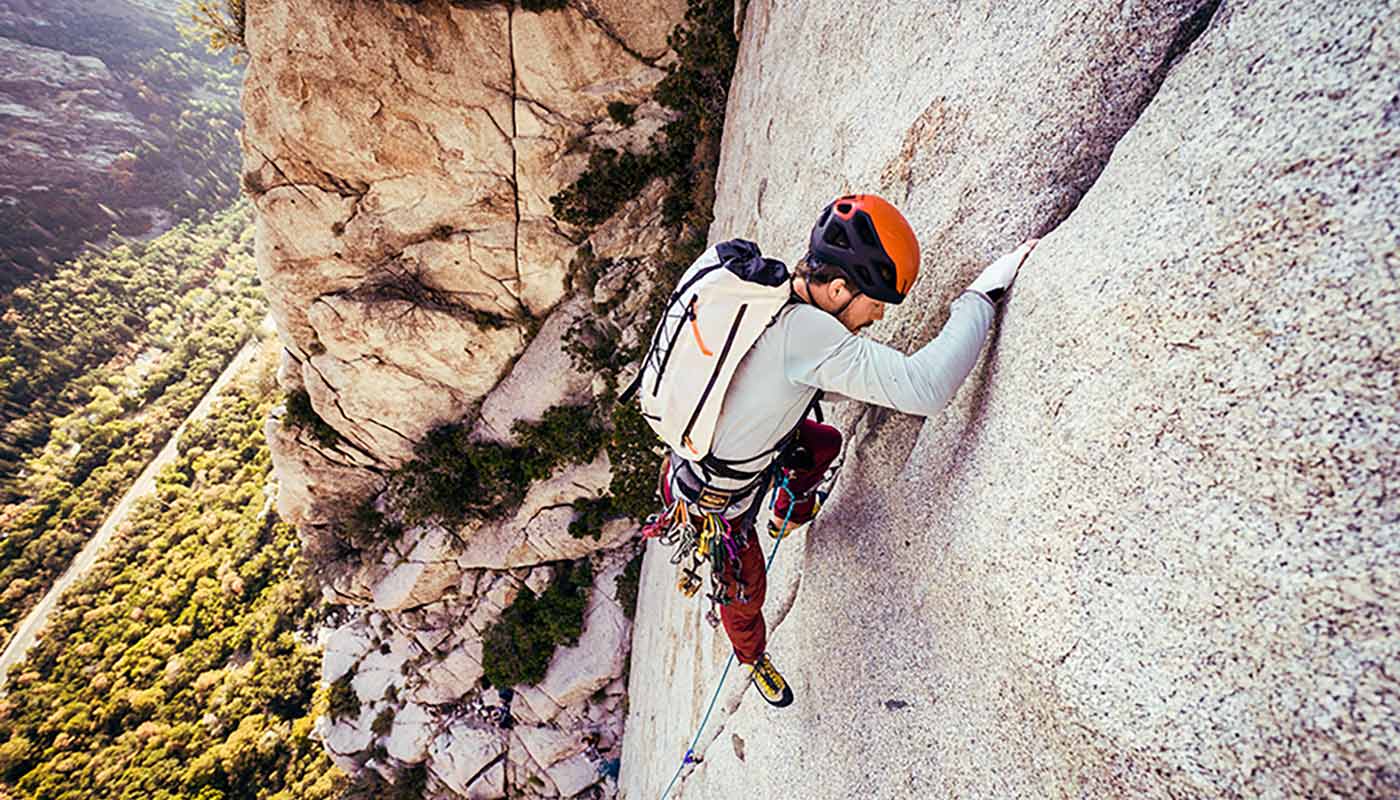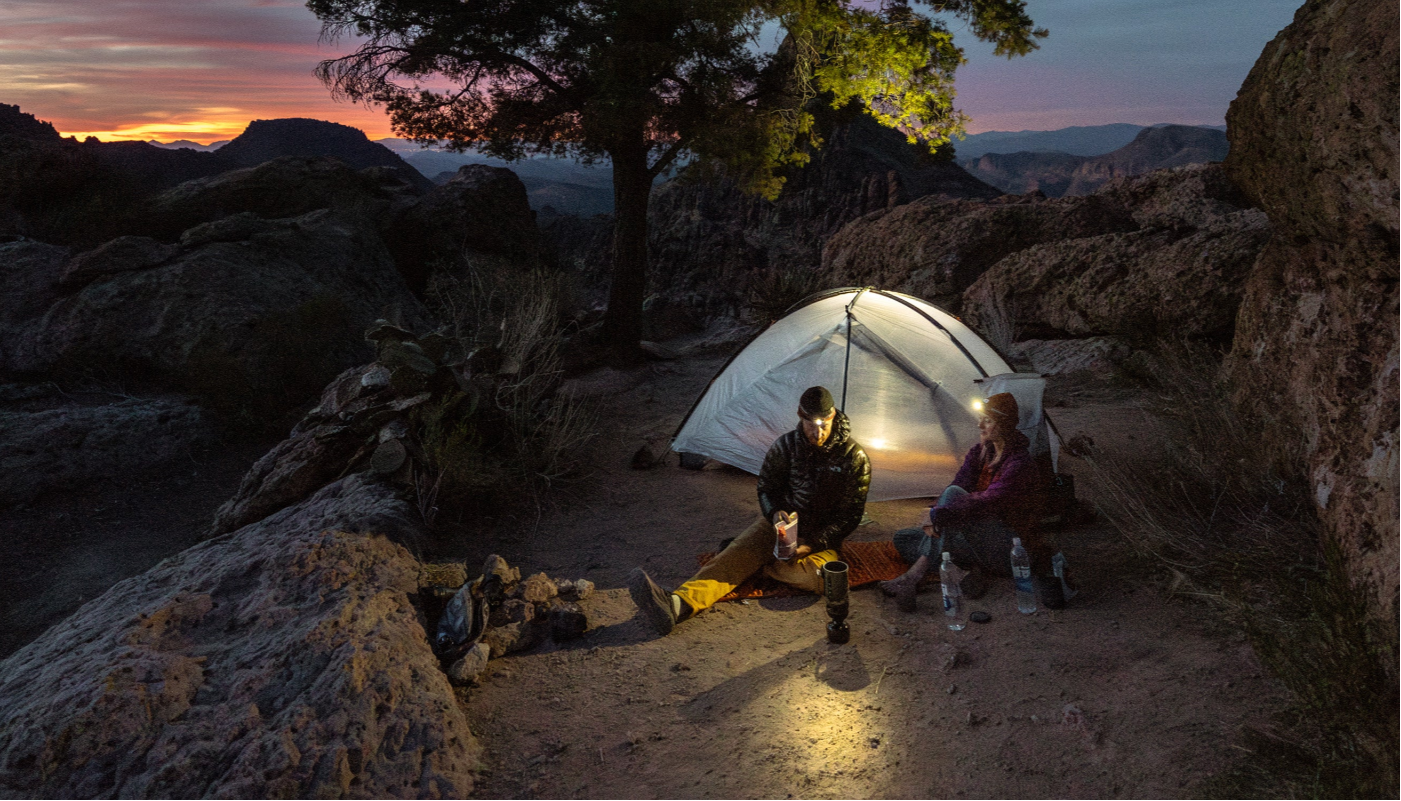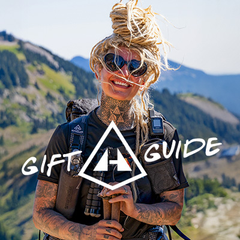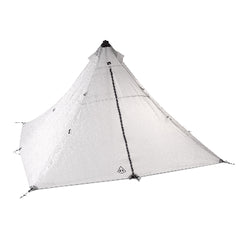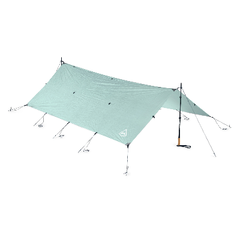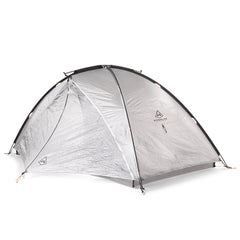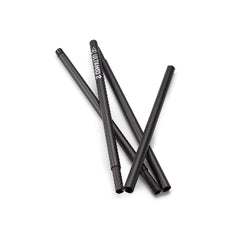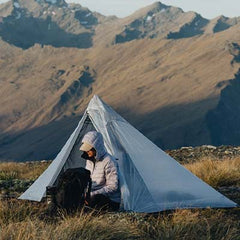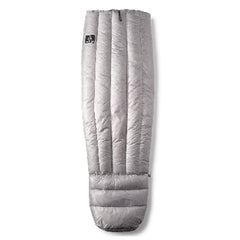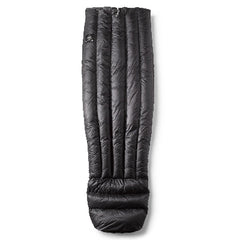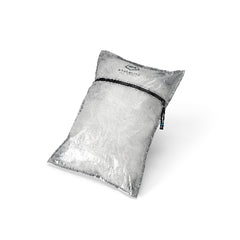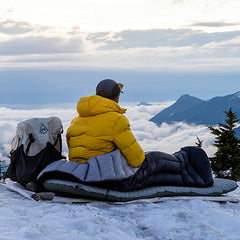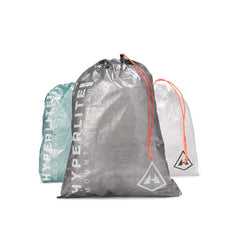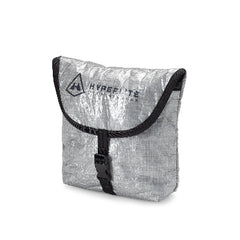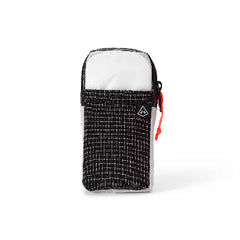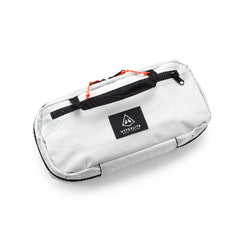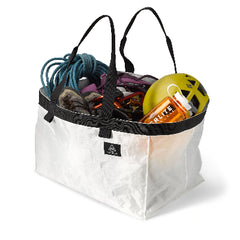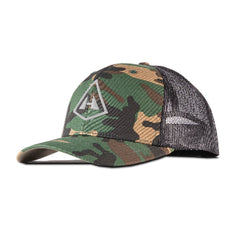Last summer, the Appalachian Trail Conservancy recommended the increased use of bear-resistant canisters along the length of the A.T., as it seems that explaining to bears why taking your food is uncool doesn't really do the trick. Do you already travel with a food safe(r) item? If not, are you considering it this coming season? Share all your tips and experiences here!
I have yet to travel with a bear-proof canister, but I have been looking into them in the past years. My excuse for not purchasing one already is the added weight and bulk... which I know is an unacceptable excuse and I should do better.
If the camp location does not have bearproof food storage bins, I will hang the food in a tree at least 200 feet away from both my tent and the cooking area. I have also buried food in the snow in winter months, which helps keep it away from small critters.
When I was 13 years old I was on a multiday canoe trip with my family in Northern Saskatchewan, Canada on the Churchill River. After several days on the water and camping along the banks of the river, we thought we had our food management pretty dialed... up until 'Bagel' the Bear came along. We had been hanging all of the food in a makeshift bear-hang with the available trees at each camp location. However, at this location, we failed to place it high enough and Bagel the Bear capitalized. Bagel had gotten into our 'bread box' while we were out for a short morning hike, eating most of the loaves of bread and some of the bagels. Only some of the bagels, as Bagel had taken bites out of the Multigrain bagels and spat them out, leaving teeth marks in the uneaten, blan-tasting bagels. Bagel was partial to the tasty Herb and Cheese bagels, which I had explicitly requested for the trip... I undoubtedly was unimpressed.
